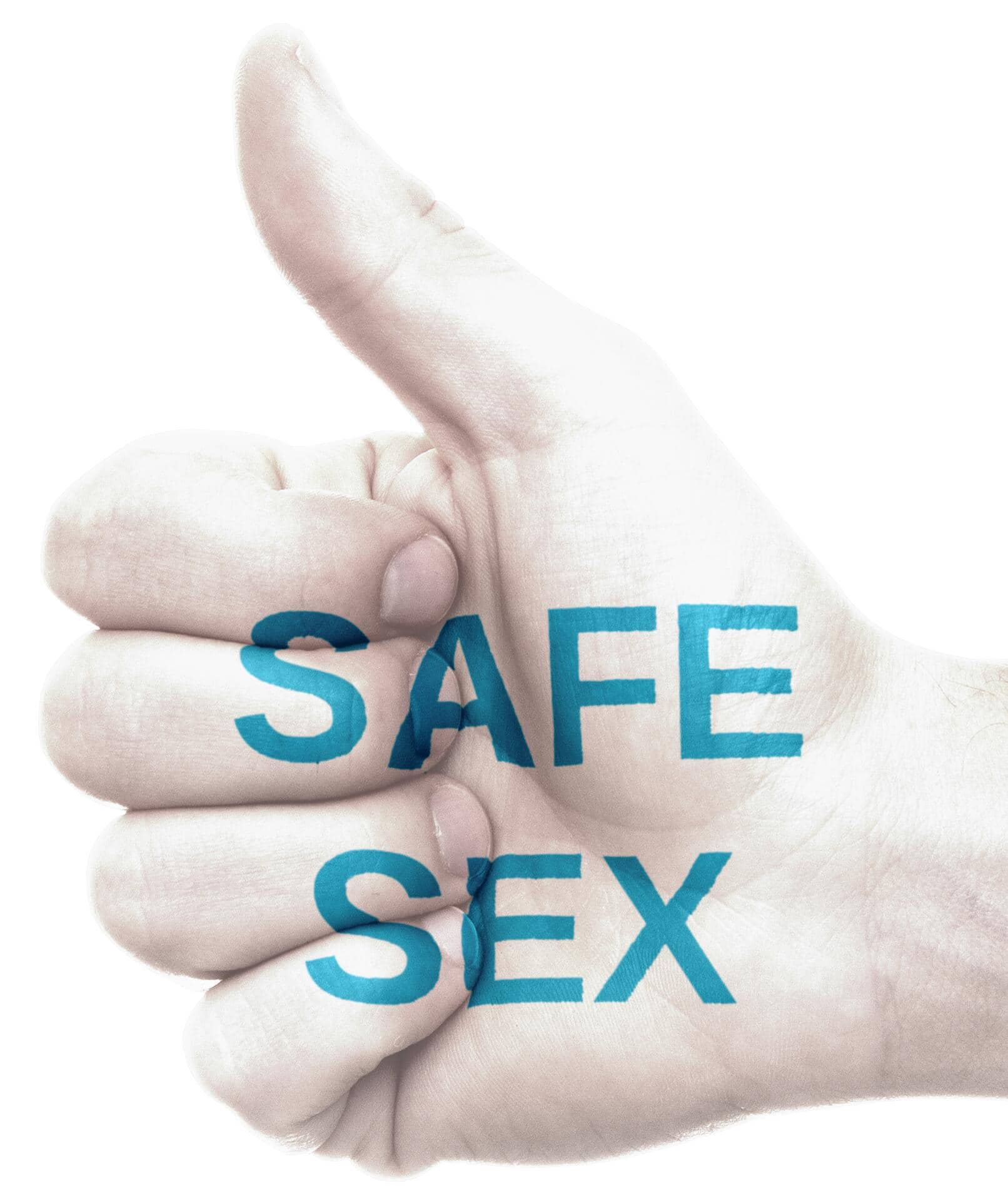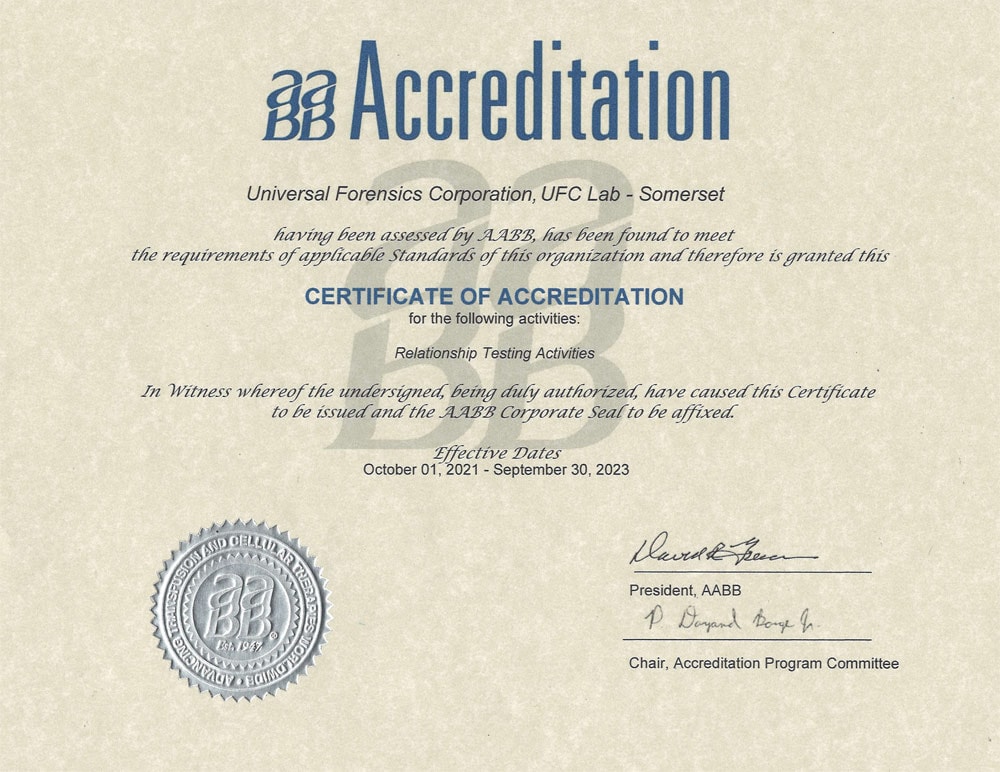Do STDs Go Away? Important of Lab Tests and When to Do Them

OASH reports that the United States sees an estimated 20 million new cases of STDs each year. Despite how common these infections are, there’s still a lot of confusion and stigma surrounding them.
If you’re sexually active, you might wonder, “Do STDs go away on their own?” While symptoms can sometimes disappear, this doesn’t always mean the infection has cleared.
Left untreated, some STDs can cause serious health problems. Knowing the facts about STDs and the critical role lab tests play can help protect both you and your partners.
Keep reading to learn whether STDs go away on their own, when you should get tested, and why lab testing is important.
Can STDs Go Away on Their Own?
Some STD symptoms can be misleading. You might feel better after a while, but that doesn’t always mean the infection is gone. Let’s have a closer look at how different STDs behave:
Bacterial STDs
STDs caused by bacteria can easily be cured with antibiotics. Common bacterial STDs include:
- Chlamydia
- Gonorrhea
- Syphilis
However, delaying treatment can result in serious complications, such as:
- Inflammatory disease
- Infertility
- Long-term pain
Even if symptoms disappear, the infection may still be active. That’s why proper diagnosis and treatment are key.
Viral STDs
Viral infections, like herpes, HIV, and HPV, are different. These STD symptoms and cures don’t follow the same rules. The symptoms may come and go, but the virus stays in your system.
Unlike bacterial STDs, viral infections have no cure. However, medications can help manage the condition effectively. The treatments help:
- Control symptoms
- Reduce flare-ups
- Lower the risk of spreading the virus
Don’t Rely on Symptoms Alone
You can’t always trust how your body feels. Many STDs don’t show symptoms at all. Others may appear briefly, then fade. That doesn’t mean the infection is gone.
That’s why sexual health awareness and regular testing matter. Ignoring signs or assuming you’re fine can put your health and your partners at risk.
Importance of Lab Testing for STDs
Knowing your status starts with proper lab testing. Modern STD tests use advanced technologies to deliver fast, accurate results.
Types of Tests
Depending on the infection, different methods are used. PCR tests detect the DNA of viruses or bacteria and are highly accurate. Urine samples are often used for chlamydia and gonorrhea.
Blood tests can screen for HIV, syphilis, and hepatitis. Swabs may be needed for herpes or throat/rectal testing.
At ReliaLab Test, you can access all major STD tests with fast and accurate results. Testing is private, simple, and designed to fit your needs.
Why It Matters
Testing brings peace of mind. It helps catch infections early, even when you have no symptoms.
This way, you protect your partner and promote a safer community. Regular STD tests are a smart habit for anyone who is sexually active.
When Should You Get Tested for STDs?
Knowing when to get tested is just as important as getting tested at all. Here are the key times to consider:
After Possible Exposure
If you’ve had unprotected sex or suspect exposure, don’t wait for symptoms. Get tested according to the recommended window periods for each STD:
- Chlamydia & Gonorrhea: 1-2 weeks after exposure
- Syphilis: 3 weeks to 3 months after exposure
- HIV: 2-4 weeks (antigen/antibody tests), up to 3 months for some tests
- Herpes: 2-12 days
When Starting a New Relationship
Testing before a new relationship shows respect and responsibility. It sets a foundation of trust and supports sexual health awareness.
If Your Partner Tests Positive
If your partner has an STD, you need testing even if you feel fine. Early detection helps you avoid complications and prevent further spread.
During Pregnancy
STDs can affect pregnancy and the health of your baby. If you are pregnant, you should be screened for STDs as part of prenatal care.
Regular Sexual Health Routine
If you’re sexually active, routine STD tests are a smart habit. The CDC recommends yearly testing for many individuals, and more often if you have multiple partners.
After Treatment
If you’ve been treated for an STD, follow up with your healthcare provider to ensure the infection is gone. Some infections require a “test of cure” a few weeks after treatment.
Common STD Treatments and Cures
If your STD tests are positive, don’t panic. Most are treatable, and all are manageable through different approaches. Here is a closer look at each category:
Bacterial Infections
Antibiotics are effective against bacterial STDs like chlamydia, gonorrhea, and syphilis. Once treated, these infections can be completely cured. But delay can lead to serious health issues.
Viral Infections
Antivirals help manage viral STDs such as herpes, HIV, and HPV. These medications don’t cure the virus, but they ease symptoms and lower the likelihood of transmission.
Why Early Treatment Matters
The earlier you start STD treatments, the better your outcome. Early detection makes treatment faster, easier, and more effective.
Don’t believe the myth that an STD will “go away on its own”. Some symptoms might fade, but the infection often stays and continues to spread.
Prevention and Vaccination
You can’t always tell who has an STD just by looking. But you can take smart steps to protect yourself and others by:
Practicing Safer Sex
For safer sex, use a condom or a dental dam every time. They lower the risk of spreading many STD symptoms and cures.
Get Vaccinated
Vaccines are available for HPV and hepatitis B. They’re safe, effective, and a powerful tool for sexual health awareness.
Limit Sexual Partners
Fewer partners often means lower risk. Choose partners who also value testing and protection.
Do STDs Go Away on Their Own? Get Tested and Take Control
Do STDs go away on their own? Sometimes the symptoms do, but the infection often doesn’t. The only way to know for sure is through proper lab testing and timely STD treatments.
At ReliaLab Test, we’ve spent over 15 years providing Reliable, Timely, and Secure drug, alcohol, DNA, STD, and background testing services across the U.S. With a 15,000+ clinic network, we make testing easy, fast, and confidential for individuals and businesses alike. Our certified staff follows strict federal standards to ensure accurate and professional results every time.
Contact us today for your confidential STD testing.








